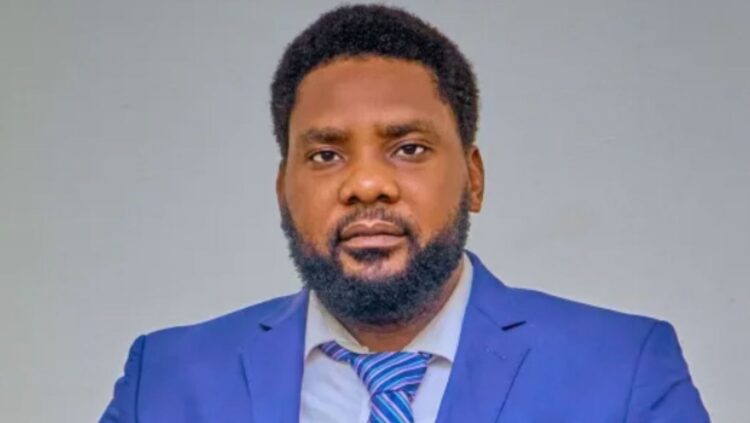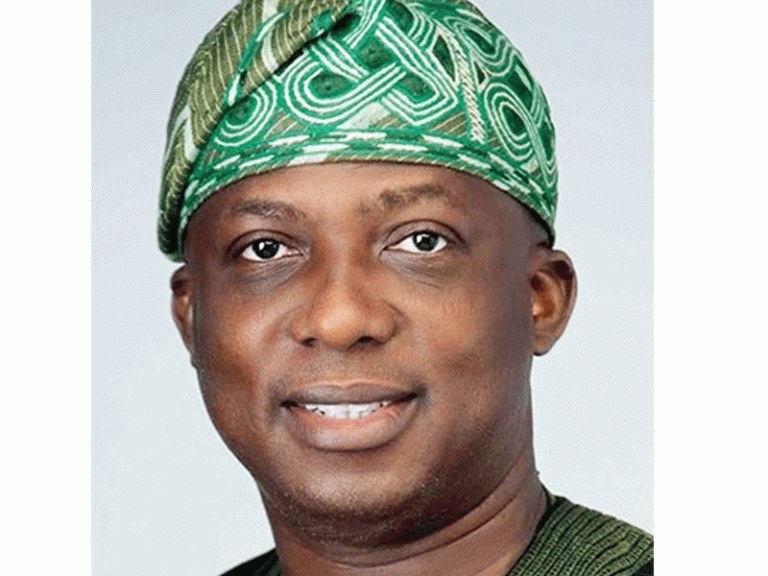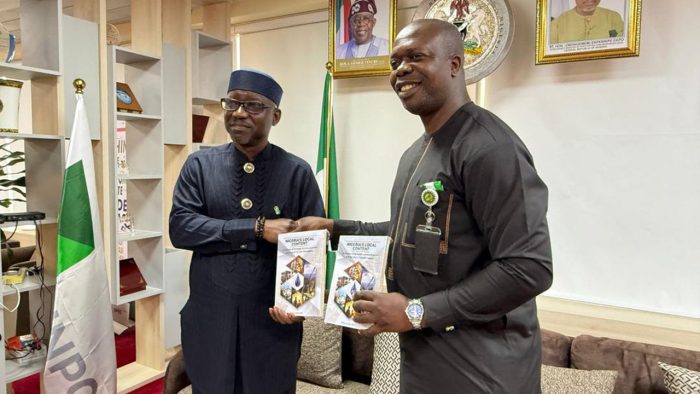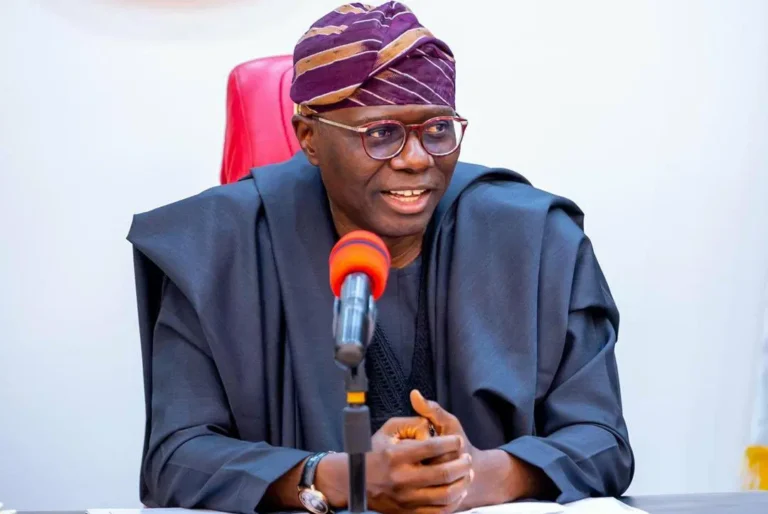
Director General/CEO of the Energy Commission of Nigeria (ECN) Dr. Mustapha Abdullahi has said that Nigeria requires about $4 billion to achieve the stated goals of the federal government on renewable energy by 2050 as it ramps up investment in the sector.
The ECN boss made this known in Abuja on Friday while briefing reporters on the importance of clean and renewable energy and energy efficiency in Nigeria following ECN’s media promotion and sensitization campaign in collaboration with Green Sea Energy Limited.
He said “we are aware that for us to go green by 2050 we require about 4 billion dollars and we are in talks with investors to achieve that.
“It is very important to note that the country has pledged to diversify from fossil fuel to greener energy sources and in doing so there is no country that relies solely on its own resources in the renewable energy generation plan. But what we are doing is to create a business-friendly environment through plans and policies to attract investment in renewable energy.”
He emphasised that the ECN is committed to driving positive change in the energy landscape of the nation and promoting sustainable energy practices for a cleaner and greener future. He added that Nigeria, as a nation, is rich in diverse energy resources and has a unique opportunity to lead the transition towards clean and renewable energy solutions.
“The promotion of energy efficiency practices and the adoption of sustainable energy sources are crucial steps in combating climate change, ensuring energy security, and fostering economic growth,” he said.
According to Abdullahi, the campaign objectives include; to raise awareness among the public and key stakeholders about the benefits and importance of clean and renewable energy sources; to promote energy efficiency measures to reduce energy consumption, lower costs, and minimise environmental impact and to encourage investment in renewable energy projects and technologies to diversify the energy mix and drive sustainable development.
Others include; engaging with communities and local authorities to implement practical solutions for clean energy adoption and energy conservation and to empower individuals and organisations to make informed decisions that support a sustainable and resilient energy future for Nigeria.
He also reeled out the campaign strategies which include; to organise community outreach programmes to promote practical solutions for clean energy adoption at the grassroots level; to collaborate with media partners to disseminate informative content on clean energy technologies, energy efficiency practices, and success stories from across Nigeria and conduct press briefings, media interviews, and webinars to engage with a wide audience and address key questions on clean and renewable energy among others.
The expected outcomes according to the ECN boss include ; increased awareness and knowledge of clean energy technologies and energy efficiency practices among Nigerians; enhanced public support and participation in clean energy initiatives, leading to a more sustainable energy landscape; strengthened partnerships with government agencies, private sector stakeholders, and local communities to drive collective action on clean energy and accelerated investment in renewable energy projects and technologies to meet Nigeria’s energy needs in a sustainable and environmentally friendly manner.
SOURCE: LEADERSHIP




